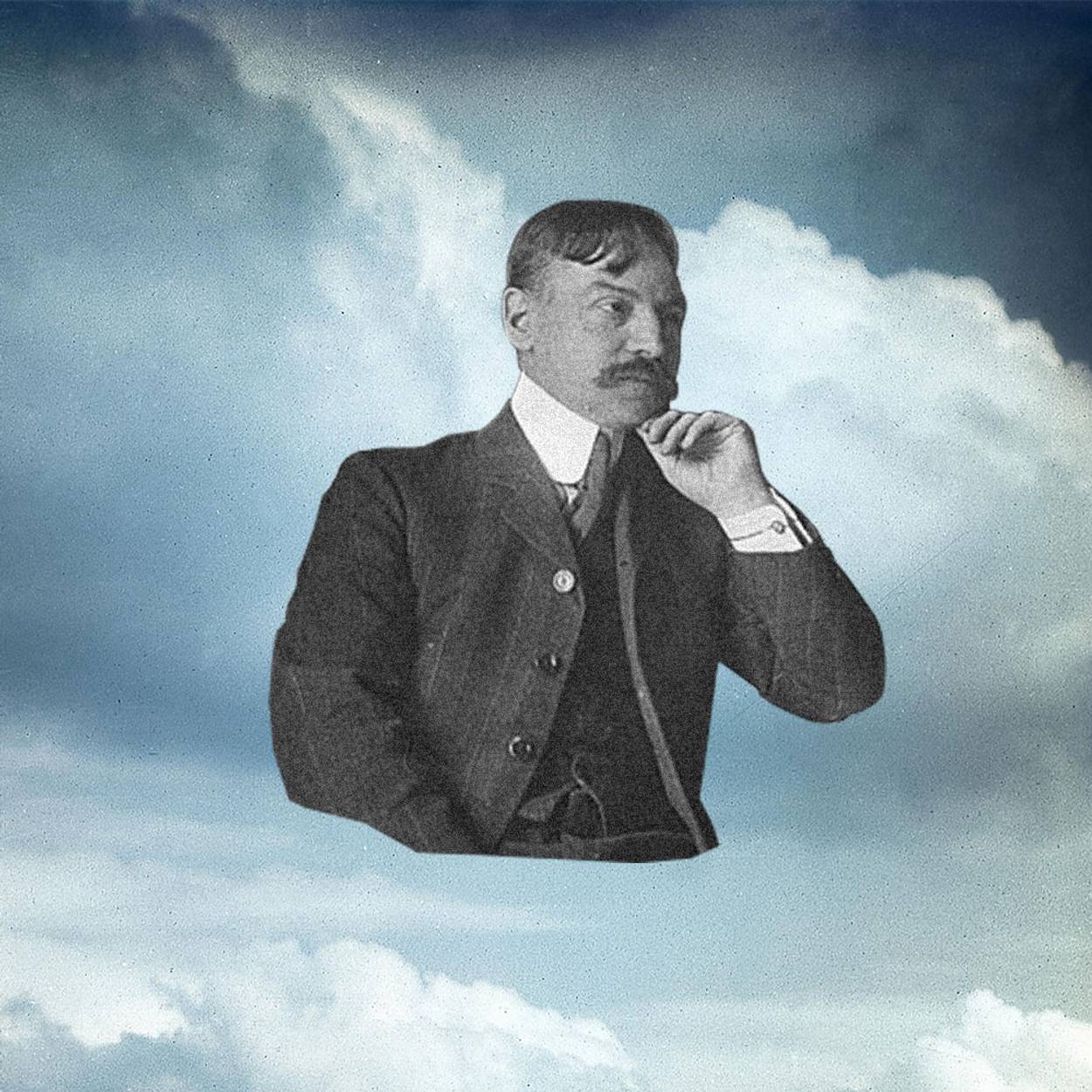by MARK LILLA

The French thinker Julien Benda made a high-minded case for the moral transcendence of the truth. The flaws in his argument show why speaking truth to power is a fraught endeavor.
Certain books never live up to their memorable titles. Others do, but not in the way their authors might have anticipated. Julien Benda’s The Treason of the Intellectuals, an essential intervention in 20th-century debates about intellectual responsibility, is the second sort of book. Cast into the agitated waters of European politics between the two world wars, it still floats ashore every decade or so, attracting readers with its stirring call to the independent life of the mind, free from the lures of power and authority. It is essential reading. Ever since the book’s publication in 1927, its argument has been taken up by writers of very different political stripes in very different historical circumstances. In the 1930s communist intellectuals denounced their fascist counterparts as traitors to the truth; liberals levied the same charge against communists and fellow travelers during the Cold War, only to find themselves then put in the dock by progressives and neoconservatives and now populists. Treason is one of those books that serve both as a lens for discerning the present and a mirror reflecting the image of those who appeal to it.
Our century will properly be called the century of the intellectual organization of political hatred. With this one sentence, we recognize Julien Benda as our contemporary. The hatreds he had in mind—racial, national, class-based—are once again our own. When Treason was written, street violence stoked by a hyper-partisan press was common between rival radical factions united only by their contempt for liberalism and parliamentary democracy. In France the most potent political force on the scene was the antisemitic Action Française, the monarchist social movement whose daily newspaper was widely read in elite circles and served as a microphone for the silver-tongued racism of its founder Charles Maurras and nationalist writers like Maurice Barrès. The diminutive Maurras was anything but a street fighter. Instead he invented what might be called the counter-intellectual screed, which can be defined as a ruthless attack on the intellectual class for faults to which one is oneself miraculously immune. In 1905 Maurras published a pamphlet titled The Future of the Intelligentsia (L’Avenir de l’intelligence), which portrayed France’s intellectuals as a déclassé caste that had lost its influence in the age of capitalism and mass democracy, and was now exacting revenge by turning against the fatherland and becoming the puppet of Jewish and German interests. By declaring writers and journalists to be political and racial traitors, Maurras was not too subtly putting targets on their backs.
Two decades later, Julien Benda, a man of the left, published his brilliant riposte to Maurras that turned the accusation of betrayal around.
Tablet Magazine for more
